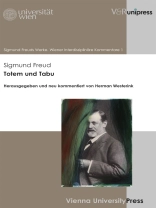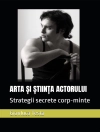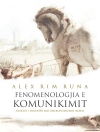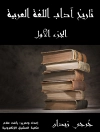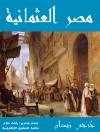»Totem und Tabu«, eines von Freuds Hauptwerken über Kultur und Religion, wird jetzt, fast 100 Jahre nach der Erstpublikation, neu herausgegeben und ausführlich kommentiert. Nicht nur der zeitgenössische Kontext des Werks, seine Rezeption und Wiener Reaktionen darauf werden skizziert. Auch wird ausführlich auf die bleibende Aktualität dieses wichtigen und kontroversiellen Werkes eingegangen: Es betrachtet die Schuldproblematik in den verschiedenen Religionen als historische Konstruktionen und Wanderungen und will die Komplexität der Religionen nicht von angeborenen und natürlichen psychischen Prozessen ableiten. Religionsentwicklung wird nicht als progressiv-evolutionärer und zielorientierter Prozess gedeutet; die Religion erscheint als Bühne menschlicher Dramen und seelischer Konflikte, d.h. sie wird letztlich als Ausdruck und Ordnung des Trieblebens in Beziehung zu Objekten verstanden.
Almost a century after its first publication, ‘Totem and Tabu’, one of Freud’s major works on culture and religion, has been re-printed and commented in detail. The new edition not only outlines the contemporary context of the work, its reception and Viennese reactions to it. It also addresses the continued relevance of this important, controversial work: It considers the topic of guilt in various religions as historical constructions, thereby rejecting the tendency to derive the complexity of religions from hereditary and natural mental processes. The development of religion is not interpreted as a progressive, evolutionary and target-oriented process; religion is more like a stage for human dramas and spiritual conflicts, i.e. it is ultimately understood as the expression and regulation of instinct in relation to objects.
Tentang Penulis
Prof. Dr. Herman Westerink ist außerordentlicher Professor für Religionsphilosophie am Center for Contemporary European Philosophy der Radboud Universität Njmegen, Niederlande.
